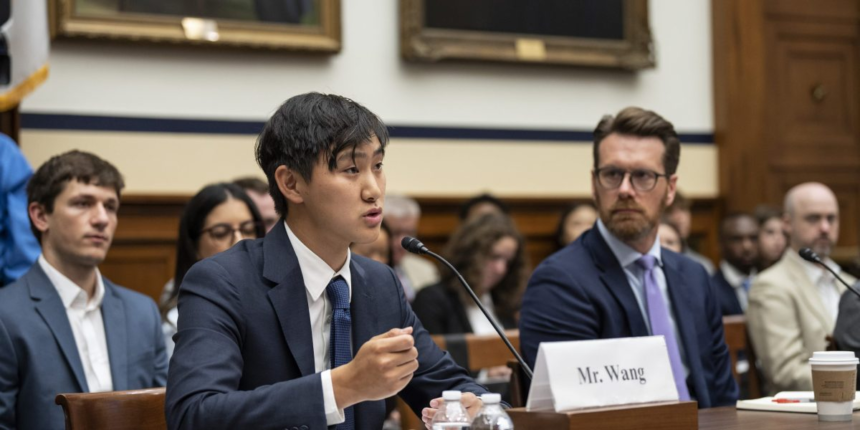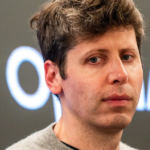His goal: nothing less than superintelligence.
Wang, with his aerial view of the industry, has advice for kids, especially those in Gen Alpha now entering middle school: Forget gaming, sports, or traditional after-school hobbies.
“If you are like 13 years old, you should spend all of your time vibe coding,” he said in his recent TBPN interview. “That’s how you should live your life.”
For Wang, the reasoning is simple. Every engineer, himself included, is now writing code that he believes will be obsolete within five years.
“Literally all the code I’ve written in my life will be replaced by what will be produced by an AI model,” he said.
That realization has left him, in his words, “radicalized by AI coding.” What matters most now isn’t syntax, or learning a particular language, but time spent experimenting with and steering AI tools.
“It’s actually an incredible moment of discontinuity,” Wang said. “If you just happen to spend 10,000 hours playing with the tools and figuring out how to use them better than other people, that’s a huge advantage.”
Teenagers have a clear advantage over adults: time and freedom to immerse themselves in new technology. And while in the past, entrepreneurial teenagers leveraged this time to be “sneaker flippers” or run Minecraft servers, Wang says the focus should now be on the code.
He compares the moment to the dawn of the PC revolution. The Bill Gateses and Mark Zuckerbergs of the world had an “immense advantage” simply because they grew up tinkering with the earliest machines.
“That moment is happening right now,” Wang said. “And the people who spend the most time with it will have the edge in the future economy.”
Wang isn’t coy about Meta’s ambitions. He calls the company’s infrastructure, scale, and product distribution unmatched.
“We have the business model to support building literally hundreds of billions of dollars of compute,” he said.
His team, just over 100 people, is deliberately designed to be “smaller and more talent dense” than rivals. “The other labs are like 10 times bigger,” Wang said, but their lab had “cracked” coders.
The lab is split into three pillars: research, product, and infrastructure. Research builds the models Wang says will “ultimately be superintelligent.” Product ensures they get distributed across billions of users through Meta’s platforms. And infrastructure focuses on what he calls “literally the largest data centers in the world.”
Placed right next to the human senses, they will merge digital perception with cognition.
“It will literally feel like cognitive enhancement,” Wang said. “You will gain 100 IQ points by having your superintelligence right next to you.”
Vibe coding is the shorthand for this shift: using natural language prompts to generate and iterate on code. Rather than writing complex syntax, users describe their intent, and AI produces functioning prototypes.
Wang takes that further. For him, vibe coding isn’t just a productivity hack, but a future cultural mandate. What matters isn’t the code itself — it’s the hours of intuition-building that come from pushing AI tools to their limits, which is why he urges Gen Alpha to start early.
“The role of an engineer is just very different now than it was before,” he said.









